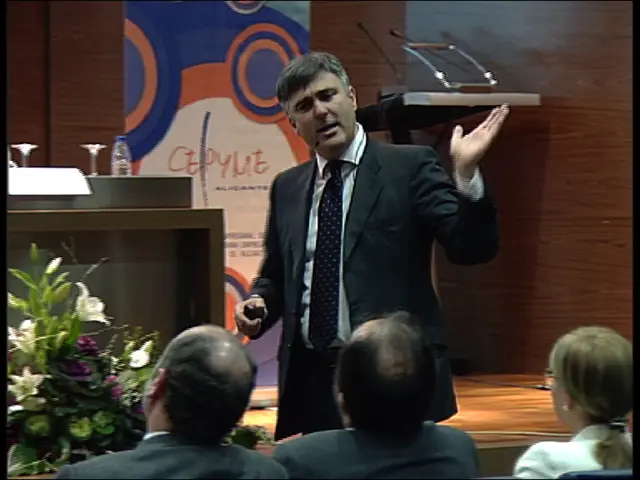Punishing a Single Financial Error for an Unlimited Period: Is it Justified?
In a case that could have far-reaching implications for the interpretation of modern gun laws and the Second Amendment rights of millions of Americans, Melynda Vincent, a Utah woman in her 40s, is petitioning the U.S. Supreme Court to restore her gun rights.
Vincent's case, Vincent v. Bondi (originally Vincent v. Garland), hinges on the precedent established in New York State Rifle & Pistol Association v. Bruen (2022), where the Supreme Court ruled that modern gun laws must be consistent with the Nation's historical tradition of firearm regulation.
Under federal law, Melynda Vincent remains permanently barred from owning a firearm. This ban stems from a nonviolent felony conviction 17 years ago for writing a bad check worth $498. Since then, Vincent has turned her life around.
The groups supporting Vincent's lawsuit, including the NRA, the Second Amendment Foundation, Gun Owners of America, and the Firearms Policy Coalition, argue that the government has no constitutional basis to strip peaceful citizens of their right to keep and bear arms due to a long-ago, nonviolent offense.
Their argument is based on America's historical tradition of firearm regulation, which they claim only supports disarming dangerous persons or those with a proven proclivity for violence. In support of this claim, they cite Joseph Greenlee's law review article, which shows that only those deemed 'dangerous' or likely to threaten the peace during the Founding Era were denied access to arms, not individuals convicted of minor, nonviolent offenses.
The Tenth Circuit Court of Appeals' upholding of the federal ban on owning a firearm for individuals with nonviolent felony convictions is being challenged by Vincent and her supporters. Despite their arguments that there's no historical justification for such restrictions, the Tenth Circuit Court of Appeals upheld the ban, stating that the government's interest in public safety justifies such rights-ending restrictions.
The Supreme Court's decision on whether to hear Vincent's case could set a significant precedent. If the Court grants certiorari, it would set the stage for a potentially landmark decision on Second Amendment rights and nonviolent felony convictions.
Columnist Jacob Sullum notes in Reason that Vincent is asking the U.S. Supreme Court to decide if it's constitutional to disarm people based on a non-violent criminal conviction. The stakes are high not only for Vincent but for possibly millions of Americans who have prior nonviolent felonies and have lived law-abiding lives ever since.
A 2020 Sentencing Project report, which is cited in the article, highlights the significant number of Americans affected by the current law that denies Second Amendment rights to those with nonviolent felony convictions. More than 19 million Americans have felony convictions, many of them for nonviolent crimes. Under current law, nearly all are denied their Second Amendment rights for life.
The Supreme Court's decision on whether to hear Melynda Vincent's case could reshape the landscape of gun rights in America, potentially restoring the Second Amendment rights of millions of Americans who have been denied them due to nonviolent felony convictions.
Read also:
- United States tariffs pose a threat to India, necessitating the recruitment of adept negotiators or strategists, similar to those who had influenced Trump's decisions.
- Weekly happenings in the German Federal Parliament (Bundestag)
- Southwest region's most popular posts, accompanied by an inquiry:
- Discussion between Putin and Trump in Alaska could potentially overshadow Ukraine's concerns




